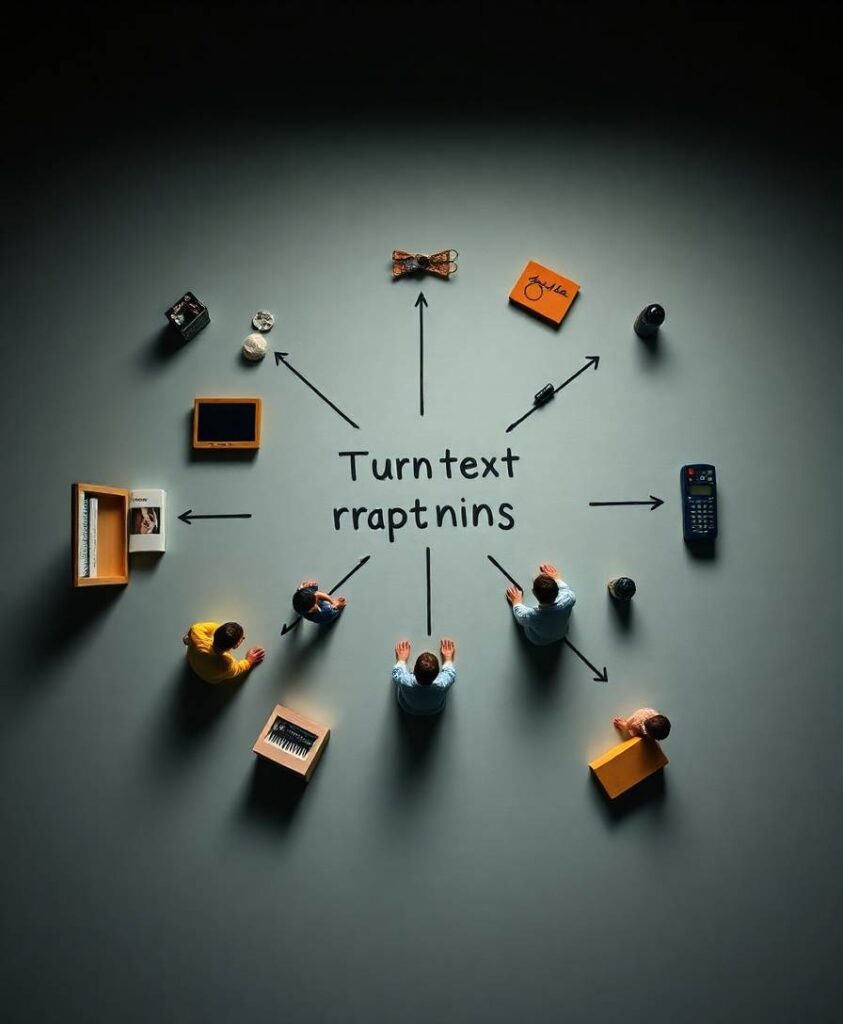Read Full Article (External Site)
POPULAR ARTICLES 



Social Context Matters for Turn‐Taking Dynamics: A Comparative Study of Autistic and Typically Developing Children
Article 1 of 1

Coordinating Attention in Face‐to‐Face Collaboration: The Dynamics of Gaze, Pointing, and Verbal Reference
Article 2 of 2

Complex technology requires cultural innovations for distributing cognition
Article 3 of 3
